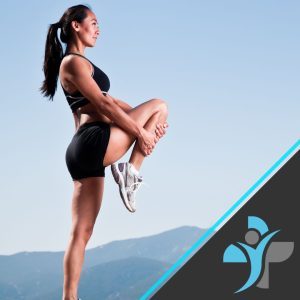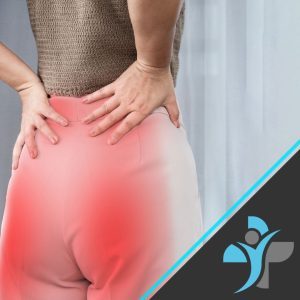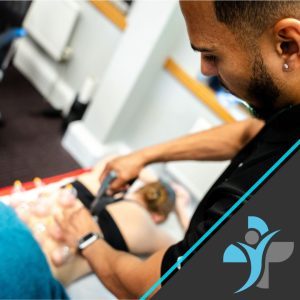Make a cupping therapy booking today!
If you would like to make a booking with one of our soft tissue specialists with one of our soft tissue specialists for a cupping therapy session today. Our expert cupping treatments improve blood flow, reduce muscle tension, and relieve pain. for your cupping therapy, then please use the link provided.
What is Cupping Therapy?
Cupping is an ancient therapeutic technique that has been used for thousands of years across various cultures, particularly in traditional Chinese medicine, as well as in ancient Egyptian and Middle Eastern practices. Cupping therapy involves placing cups on the skin to create suction, which can be done using heat (fire cupping) or mechanical devices (dry or wet cupping).
The suction and negative pressure created by body cupping treatment is believed to enhance blood flow, reduce muscle tension, and promote healing by drawing blood and fluids to the treated area. This increased circulation can help relieve pain, reduce inflammation, and facilitate the body's natural healing processes. Cupping is often used to treat a range of conditions, including musculoskeletal pain, respiratory issues, and digestive problems.
Effects of Cupping Treatment
Patients typically report a sensation of tightness or pulling under the cups, which can range from mild to intense but is generally not painful. The skin under the cups may become red and show circular marks, which are usually temporary and fade within a few days to a week.
Despite its long history, cupping therapy has gained popularity in recent years, partly due to its use by athletes and celebrities. While scientific evidence on the efficacy of cupping physio is still limited and mixed, many practitioners and patients swear by its benefits as part of a holistic approach to health and wellness. As with any therapeutic practice, it is important to seek treatment from a qualified professional to ensure safety and effectiveness.
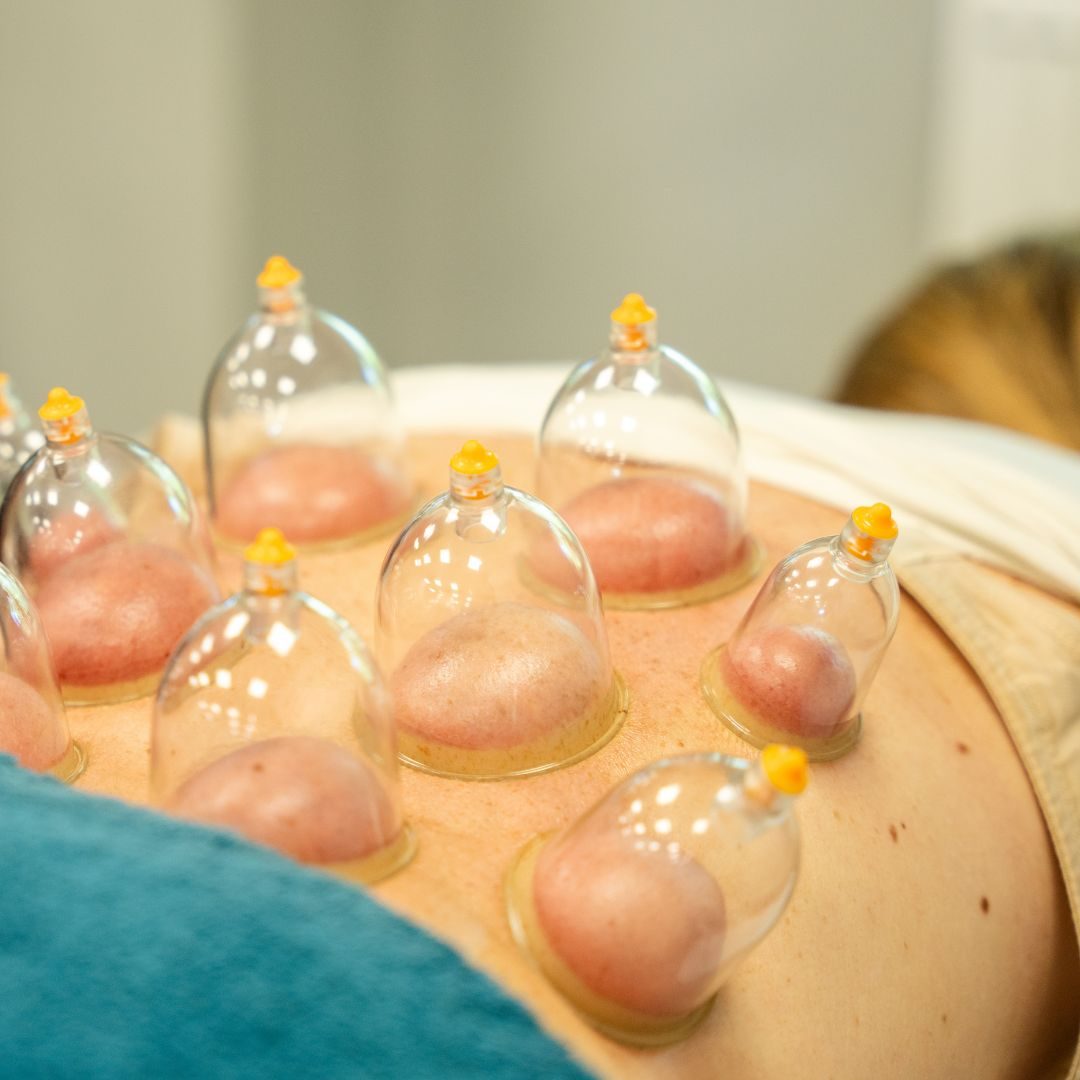
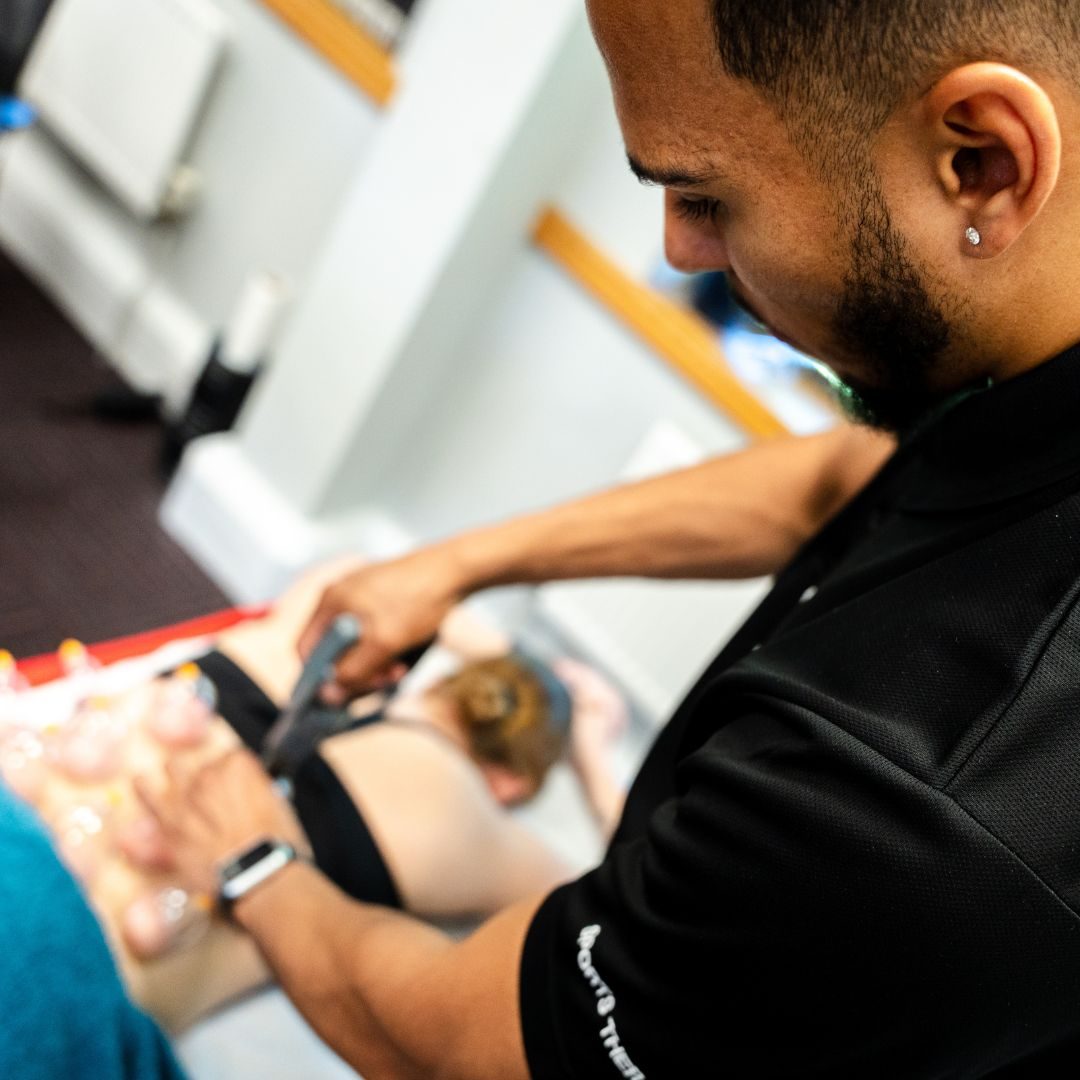
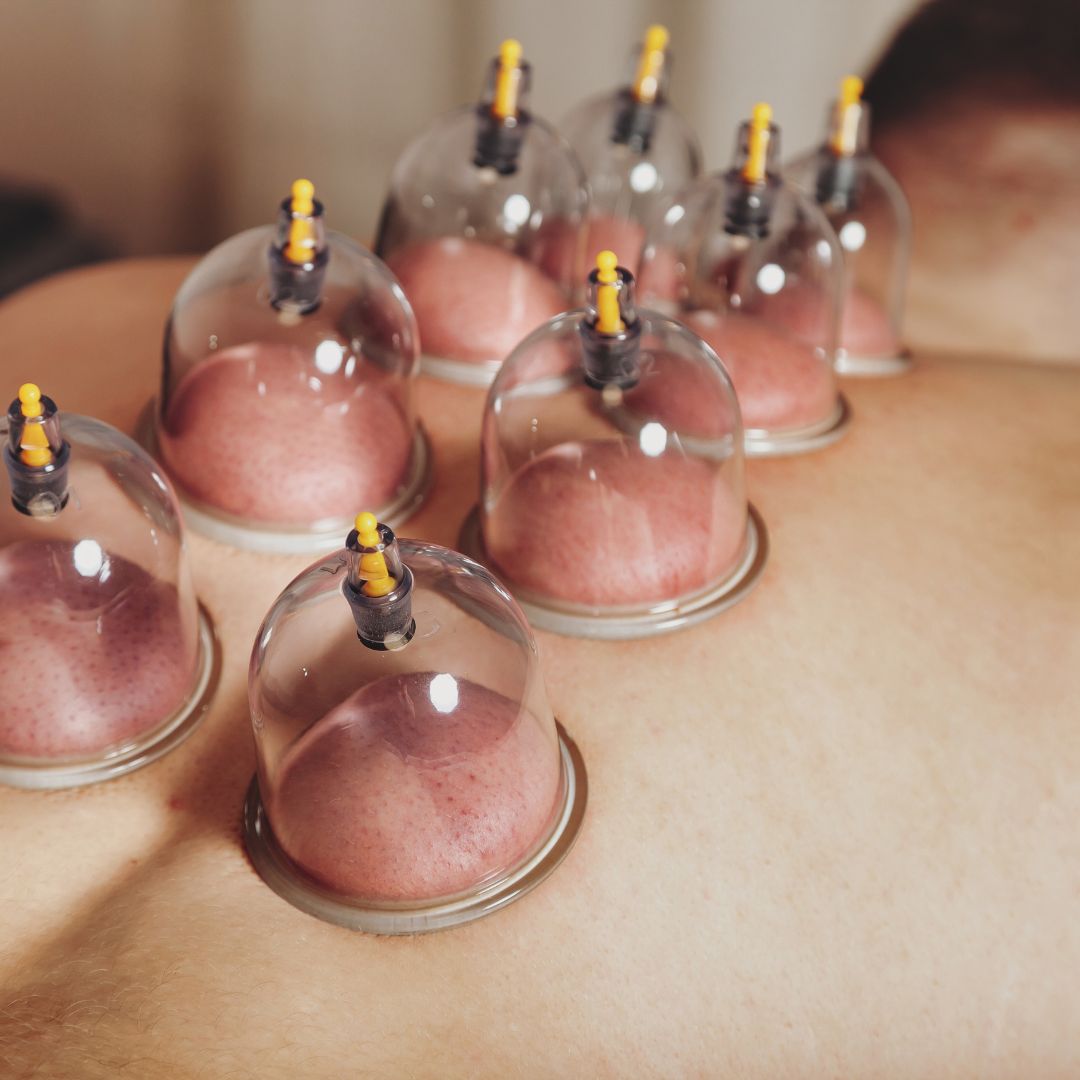
Benefits of Cupping Therapy
Cupping therapy offers a range of potential benefits, which include:
- Pain Relief: Cupping treatment is commonly used to alleviate pain, particularly in the muscles and joints. The suction created by the cups can help reduce muscle tension, promote relaxation and improve blood flow to the affected area, alleviating discomfort.
- Improved Circulation: By drawing blood to the surface of the skin, cupping therapy helps to increase blood flow to the targeted area. This enhanced circulation can help deliver oxygen and nutrients to tissues, promoting healing and recovery.
- Reduction of Inflammation: Cupping therapy can help reduce inflammation by enhancing lymphatic drainage and removing toxins from the body. This treatment can be particularly beneficial for conditions like arthritis and other inflammatory diseases.
- Stress Relief and Relaxation: The relaxing effect of cupping therapy is designed to help reduce stress and anxiety. Cupping treatment encourages a state of deep relaxation, which can have a positive impact on the mental well-being of an individual.
- Enhanced Immune Function: Some proponents believe that cupping therapy can boost the immune system by stimulating the body’s natural defences and improving lymphatic circulation. This helps to reduce illness and improve overall wellbeing.
- Detoxification: By promoting blood and lymph flow, cupping physio is thought to help remove toxins from the body. This detoxifying effect can support overall health and vitality.
- Improved Skin Health: Cupping therapy can enhance skin health by increasing blood flow and promoting the exchange of nutrients in the skin. Our cupping physio team sometimes uses this to treat skin conditions such as acne, eczema, and cellulite.
- Respiratory Health: Cupping can help relieve symptoms of respiratory conditions such as colds, asthma, and bronchitis by improving blood flow and reducing congestion in the respiratory tract.
- Digestive Health: Cupping therapy may support digestive health by stimulating the digestive organs and improving the flow of digestive fluids, which can help relieve conditions such as indigestion, irritable bowel syndrome (IBS), and bloating.
- Increased Range of Motion: By relieving muscle tension and promoting relaxation, cupping can help improve flexibility and range of motion in joints and muscles.
While many people report positive effects from cupping physio and cupping treatments, it is important to consult with a healthcare professional before undergoing the therapy. This is particularly important for those with underlying health conditions or those who are pregnant.
Why Choose LiveWell For Cupping Therapy
At LiveWell Health, we combine traditional techniques with modern clinical expertise to deliver safe, effective cupping therapy tailored to your individual needs. Our experienced cupping physio team are fully qualified and trained to ensure a professional and comfortable treatment experience. Whether you're looking to relieve muscle tension, support recovery, or simply enhance your overall health and wellbeing, our expert team can help.
Other Physio Services You May Be Interested In
In addition to cupping therapy, we offer a range of treatments to support your physical health and recovery. These include physiotherapy, medical acupuncture, sports therapy, spinal manipulation, injury rehabilitation, and taping techniques. Learn more about these below.

Physiotherapy
Physiotherapy is focused on diagnosing, treating, and preventing physical impairments and disabilities through methods such as manual therapy, exercise, and education.
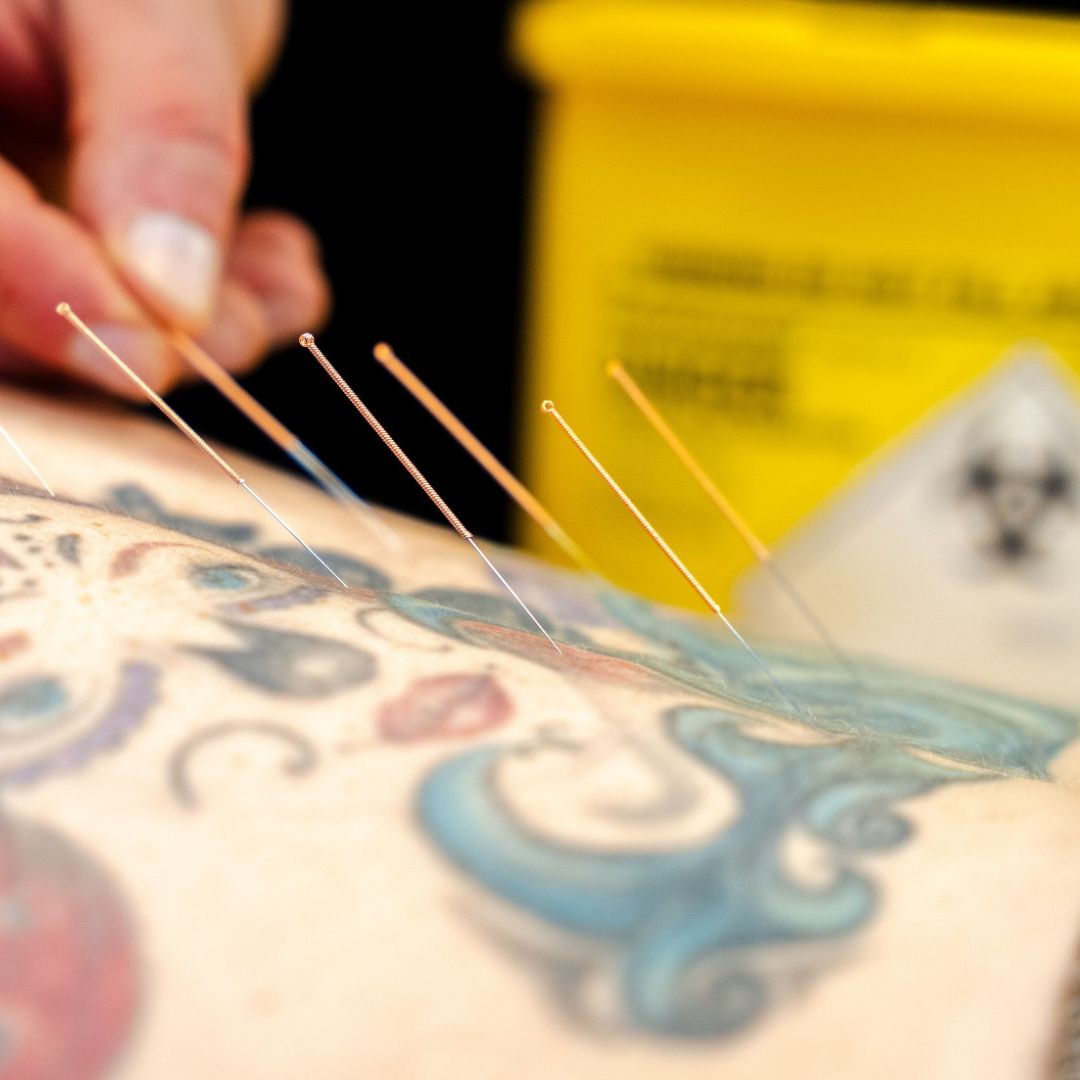
Medical Acupuncture
Medical acupuncture is a therapeutic practice that involves inserting fine needles into specific points on the body to alleviate pain, promote healing, and improve overall health.
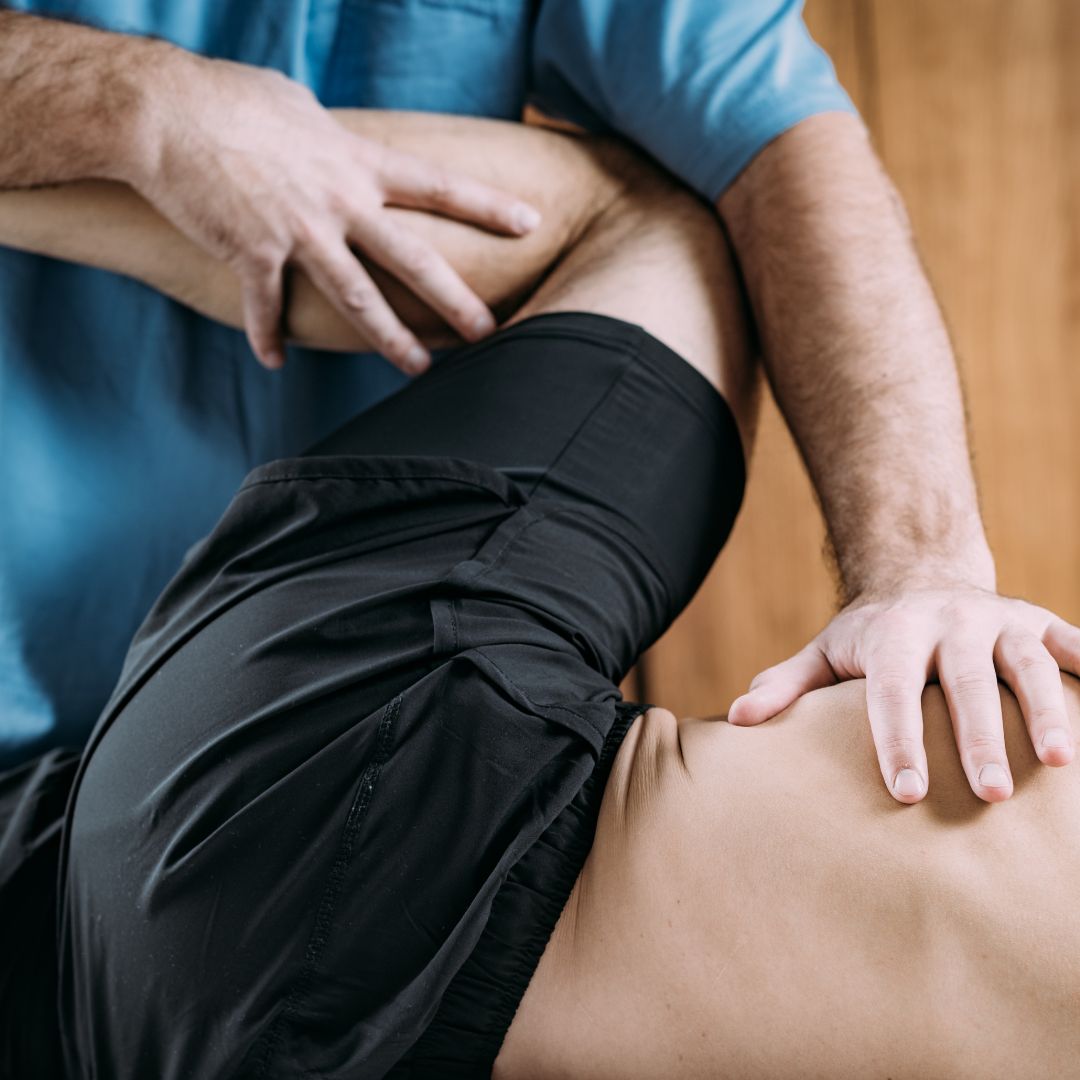
Sports Therapy
Sports therapy is a specialised field focused on preventing, diagnosing, treating, and rehabilitating sports-related injuries to enhance athletic performance and recovery.
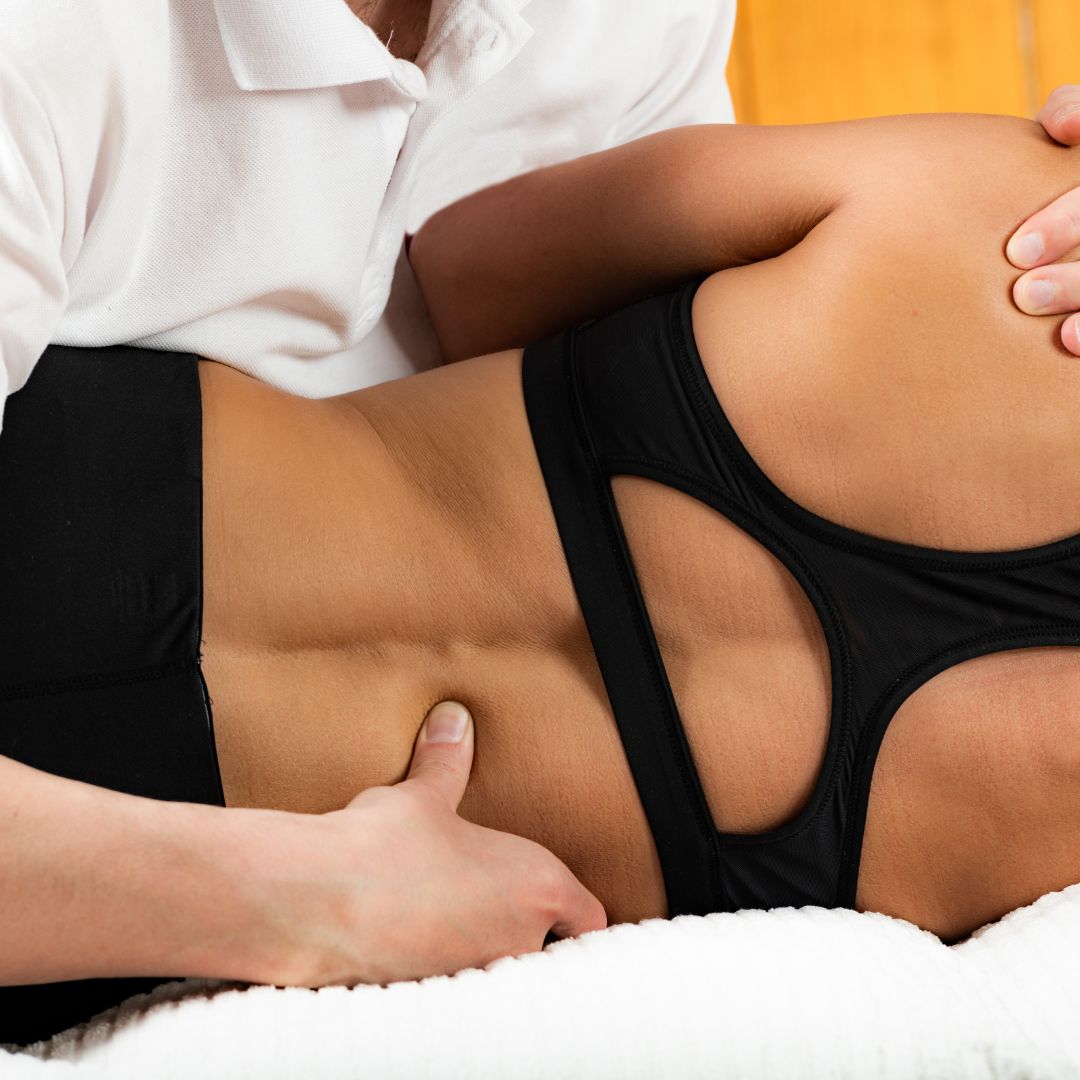
Spinal Manipulation
Spinal manipulation is a therapeutic technique involving the application of controlled force to spinal joints to improve mobility, reduce pain, and enhance overall function.
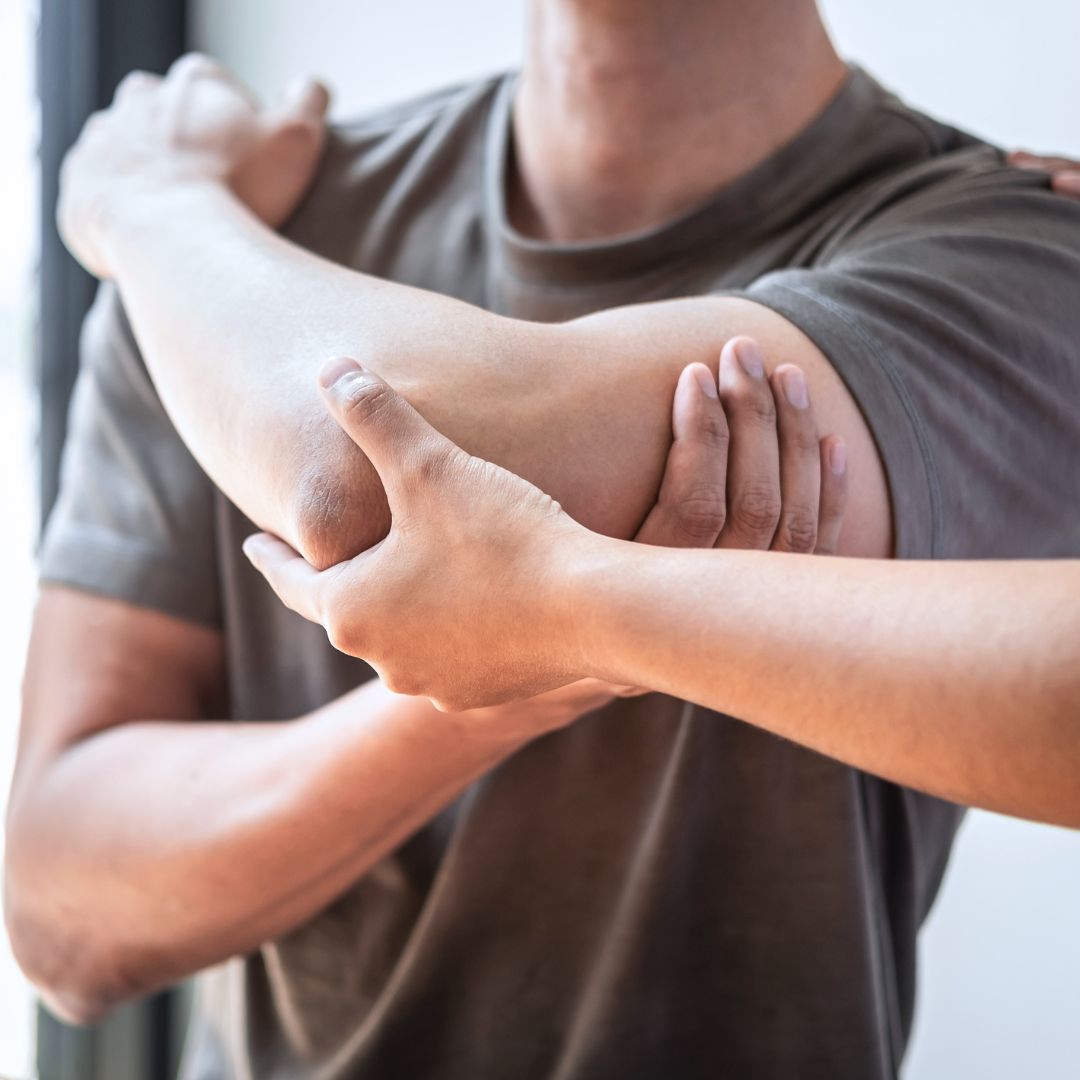
Injury Rehabilitation
Injury rehabilitation is a systematic process of restoring function, strength, and mobility following an injury through tailored therapeutic exercises, treatments, and interventions.
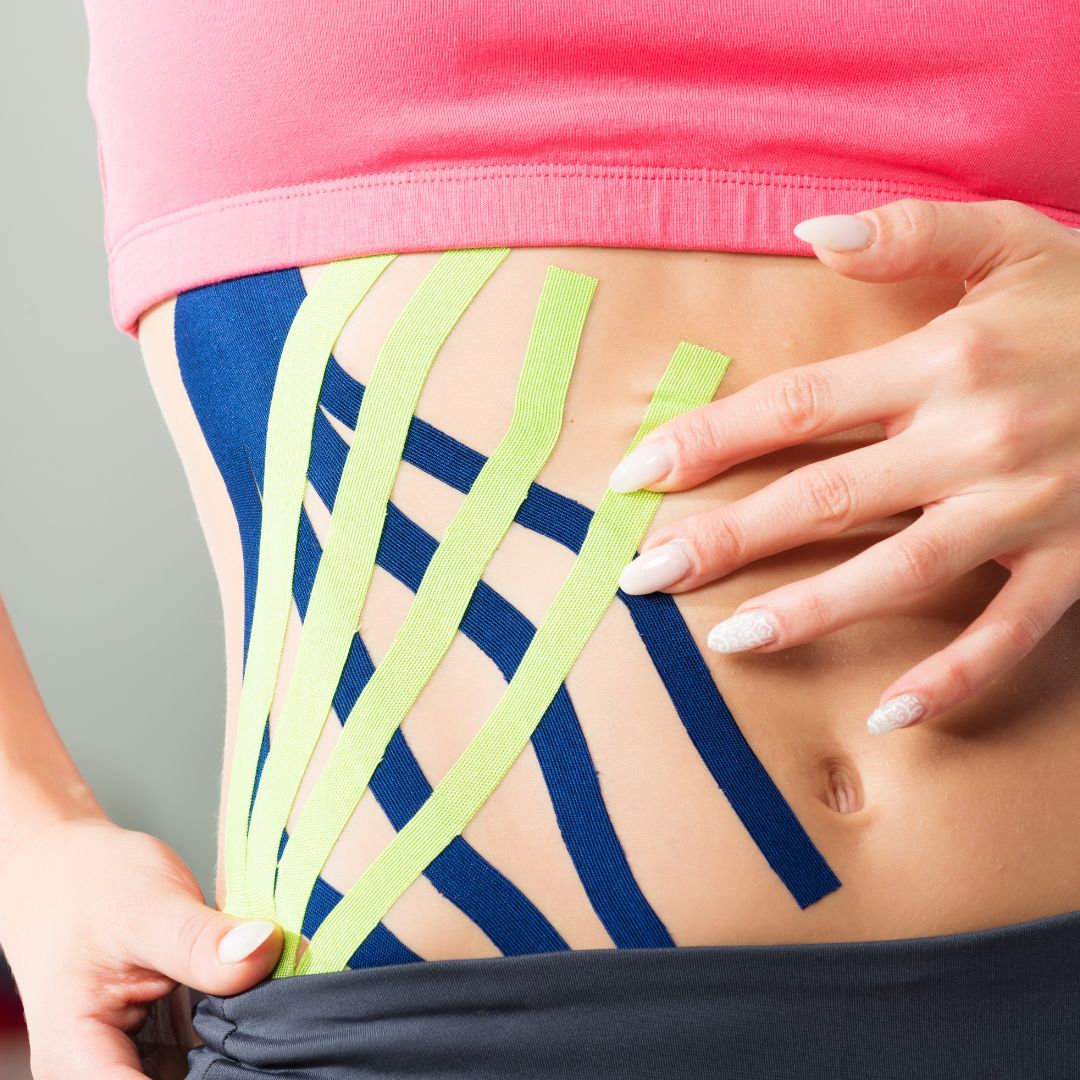
Taping
Taping is a technique used to support and stabilize muscles and joints, prevent injuries, and aid in the recovery of existing injuries by applying adhesive strips to the skin.
Some of our recent cupping posts...
Ready to book your cupping session?
If you would like to make a booking with one of our soft tissue specialists for your cupping therapy, then please use the link provided.
Locations we service
As part of our domestic services, we operate across the United Kingdom, providing mobile in home services as well as providing clinic locations. Some of the areas we cover, including surrounding towns and villages up to 25 miles in all directions are listed below, however this is not an exhaustive list. If your area is not mentioned but you want to benefit from our services, please contact us directly via our contact page.
Some of our areas are:
- Birmingham - Sutton Coldfield, Solihull, Walsall, West Bromwich, Wolverhampton, Stourbridge, Halesowen, Smethwick, Lichfield and Tamworth.
- Colchester - Tiptree, Wivenhoe, Stanway, West Mersea, Marks Tey, Rowhedge, Brightlingsea, Layer-de-la-Haye and Great Horkesley.
- Coventry - Canley, Tile Hill, Wyken, Whitley, Earlsdon, Radford, Cheylesmore and Foleshill.
- Derby - Chesterfield, Ilkeston, Swadlincote, Belper, Long Eaton, Glossop , Staveley, Ripley and Heanor.
- Gloucester - Cheltenham, Stroud, Tewkesbury, Cirencester, Dursley, Cinderford, Lydney, Coleford and Stonehouse.
- Leicester - Loughborough, Hinckley, Wigston, Melton Mowbray, Coalville, Market Harborough, Oadby, Shepshed and Syston.
- Leeds - Horsforth, Morley, Garforth, Pudsey, Wetherby, Rothwell, Guiseley, Otley and Yeadon.
- Sheffield - Chapeltown, Ecclesfield, Stocksbridge, Darnall, Woodseats, Hillsborough, High Green, Stannington and Mosborough.
- Barnsley - Wombwell, Hoyland, Cudworth, Penistone, Royston, Darton, Darfield, Mapplewell and Grimethorpe.
- Bradford - Keighley, Shipley, Bingley, Ilkley, Baildon, Silsden, Clayton, Queensbury and Haworth.
- Liverpool - Childwall, Allerton, Aigburth, Broadgreen, Canning, Childwall, Church and Clubmoor.
- London - Croydon, Barnet, Bromley, Enfield, Wandsworth,Greenwich, Brent, Newham, Lambeth and Ealing.
- Maidstone - Sittingbourne, Bearsted, Coxheath, East Farleigh, Allington, Loose, Penenden Heath, Barming, Boughton Monchelsea and Shepway.
- Manchester - Bolton, Stockport, Oldham, Rochdale, Salford, Wigan, Bury, Altrincham and Sale.
- Nottingham - Mansfield, Hucknall, Beeston, Carlton, West Bridgford, Worksop, Arnold, Newark-on-Trent and Retford.
- Telford - Dawley, Donnington, Hadley, Ketley, Madeley, Malinslee, Oakengates, Priorslee, Stirchley and Wellington.
- Wolverhampton - Bilston, Wednesfield, Penn, Tettenhall, Oxley, Whitmore Reans, Finchfield, Merridale and Codsall.
- Worcester - Redditch, Bromsgrove, Kidderminster, Malvern, Stourport-on-Severn, Evesham, Droitwich Spa, Bewdley and Pershore.


